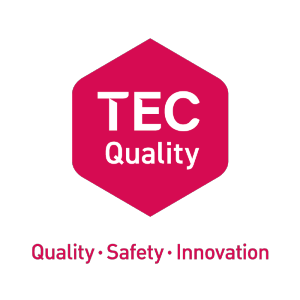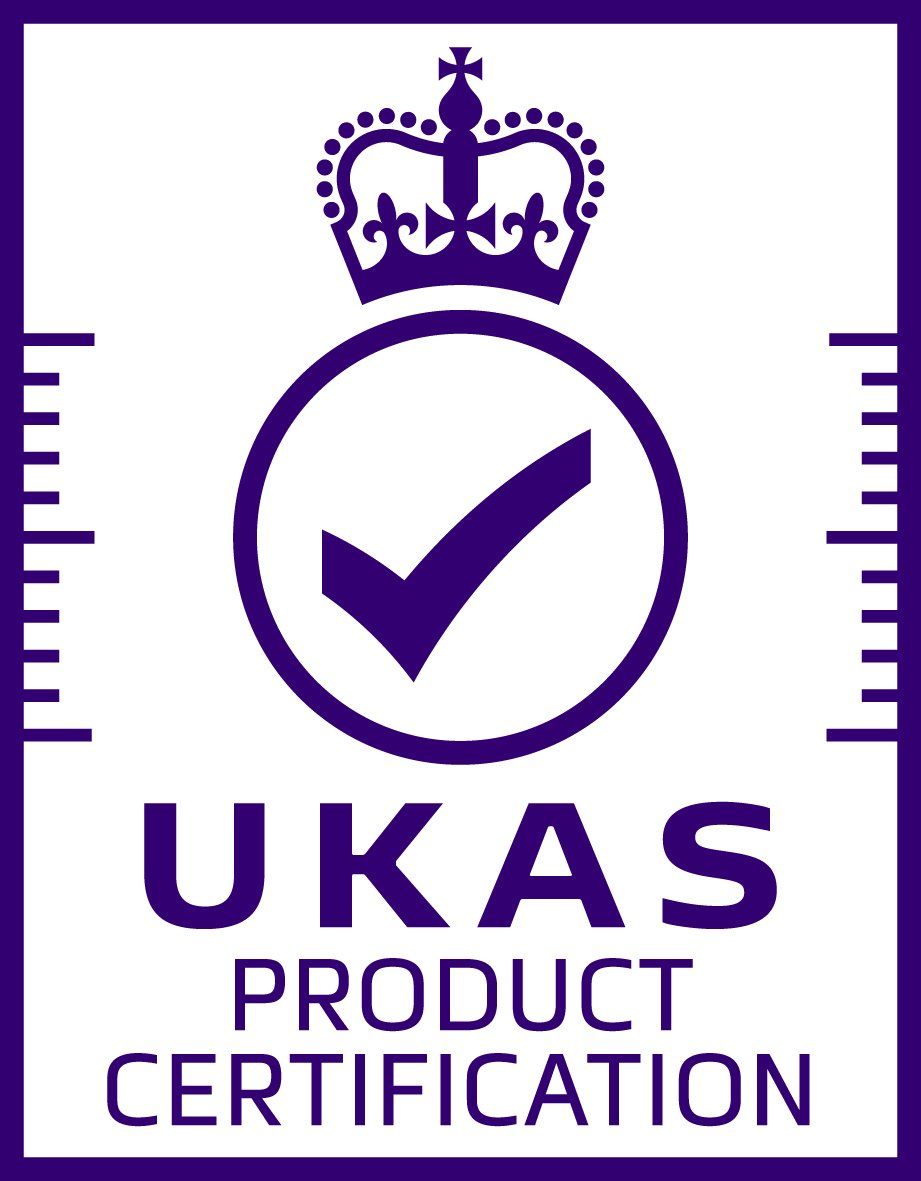Who endoreses QSF?
Following the tragic death of telecare service user in 2015, TSA has been working with the Department of Health to ensure the entire technology enabled care (TEC) industry complies with key quality and safety standards.
TSA has included measures within the Quality Standards Framework, to minimise the potential risk to service users, where delays may be encountered with Ambulance Services Response.
In a parliamentary debate about the death, the former care minister David Mowat urged TEC commissioners to procure only from certified providers. He also asked that non-certified personal alarm service providers take action to ensure they have quality and safety standards in place.
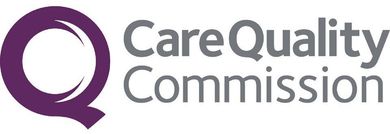
TEC Quality is working with the Care Quality Commission (CQC) to explore how people using technology enabled health and care services can be assured of their safety and quality, both now and in the future.
Many of the issues being tackled by TSA, TEC Quality and CQC centre on looking at what is in the current scope of regulators and where the boundaries, gaps and overlaps are between regulators and industry standards such as QSF.
Sir David Behan, Chief Executive of the CQC spoke about this issue at the TSA’s International Technology Enabled Care Conference. Read his presentation ‘Regulating digital health and care’ here.
"TEC Quality and the TSA is continuing to collaborate with all UK health and care regulators including the Care Inspectorate in Scotland, the Care and Social Services Inspectorate Wales and the Regulation and Quality Improvement Authority in Northern Ireland."
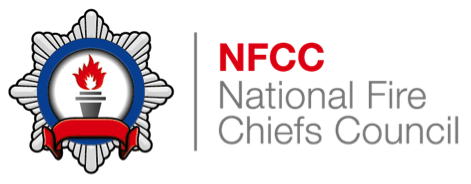
The use of telecare monitored fire detection systems can be effective in the rapid detection of fire and mobilisation of fire crews and can therefore play an important role in achieving a range of benefits for both vulnerable individuals and the community in general.
T
he benefits of a Memorandum of Understanding with TEC Quality are that it supports NFCC’s position on Telecare and digital technologies and shows very clearly our support for this key fire safety strategy and emerging technological market. It is a commitment to improve understanding and standards.
This is highlighted through the NFCC automatic fire detection and fire alarm (AFA)/ Unwanted Fire Signals (UwFS) Reduction Working Group and their work with the TSA to develop a Quality Standard Framework (QSF) which will improve the performance and relationship between Technology Enabled Care Services (TECS) and Fire Rescue Service (FRS) Control Rooms, subsequently leading to a reduction in false alarms from these systems.
NFCC will promote a better understanding of the benefits of telecare and, through the work of the Higher Risk Accommodation group, works to encourage relevant housing and care providers to install these systems where there is a risk-based case for doing so, for example, where the risks of fire to the vulnerable person are unacceptably high and the early response of the fire service is essential.
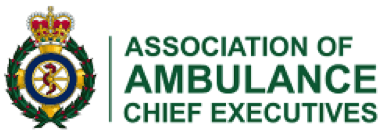
The Association of Ambulance Chief Executives (AACE) is pleased to be engaged with TEC Quality, the TSA and their members in working to ensure users of telecare monitoring services receive appropriate responses when in need.
AACE is primarily a membership organisation providing ambulance services with a central body that supports, coordinates and implements nationally agreed policy. We are working with the TSA on a number of improvement areas including the potential development of a triage algorithm for telecare providers to obtain relevant details that will inform any decision to call 999 and provide better information if they do.
We welcome the production of the new Quality Standards Framework and would encourage all providers of telecare services to adopt these principles in improving the quality of care for their users. Safety and quality of care is very well regulated in the health service, and ambulance services are regularly assessed by the Care Quality Commission, the independent regulator of health and social care in England.
The lack of regulation of the telecare industry is a concern, therefore the move towards the new standards is welcomed and being certified should lead to improvements in many areas. We want to reduce unnecessary ambulance call-outs by improving the quality of call handler information.
This in turn should enable patients that don’t need to go to hospital or to A&E to be managed by other community health and social care providers.
Care Minister writes to TEC providers
The Minister of State for Care, Caroline Dinenage, has written to the CEOs of all community alarm service providers, stressing how vital it is that they have quality standards in place to ensure the safety of their users.
